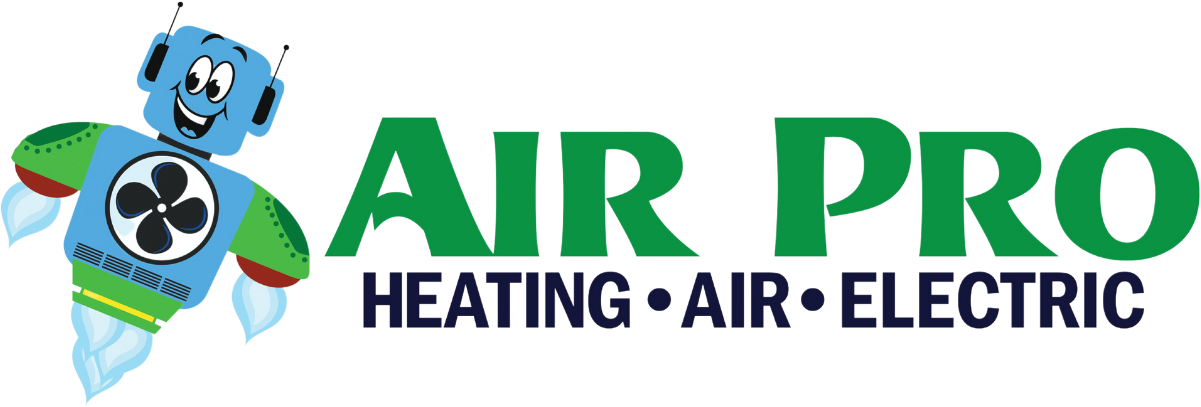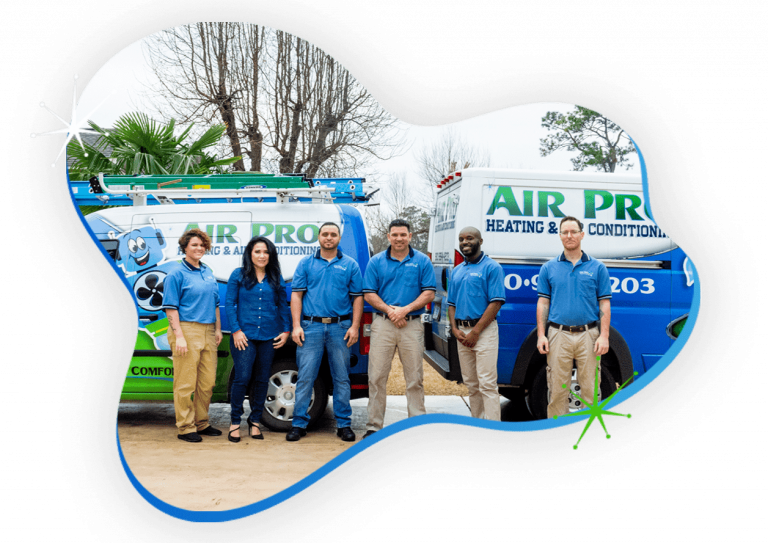
Choosing the Right Heat Pump Installation for Optimal Energy Efficiency

Introduction
Choosing the right heat pump installation for optimal energy efficiency is crucial in order to maximize the benefits of this heating and cooling system. With the rising costs of energy and increasing concerns about environmental impact, homeowners are seeking ways to reduce their energy consumption while still maintaining a comfortable living environment. Heat pumps are an excellent solution as they provide both heating and cooling capabilities, making them versatile and cost-effective.
In this article, we will explore the various factors that need to be considered when choosing a heat pump installation. From understanding different types of heat pumps to evaluating energy efficiency ratings, we will guide you through the process of selecting the right system for your home. So let's dive in and discover how you can make an informed decision when it comes to choosing a heat pump installation that prioritizes optimal energy efficiency.

Types of Heat Pumps
Air Source Heat Pumps
One popular type of heat pump is the air source heat pump (ASHP). This system extracts heat from the outside air and transfers it indoors to heat your home during winter months. In warmer seasons, it reverses its operation to cool your living space by removing hot air and expelling it outside. ASHPs are known for their energy efficiency and cost-effectiveness, as they can provide up to four times more heating or cooling energy than the electricity they consume.
Ground Source Heat Pumps
Another option worth considering is the ground source heat pump (GSHP), also known as a geothermal heat pump. These Air Pro Heating, Air & Electric systems use the stable temperature underground to provide heating and cooling. By utilizing pipes buried in the ground, GSHPs extract heat during winter and release it indoors, while in summer months, they remove heat from your home and transfer it back into the ground. Ground source heat pumps are highly efficient but may require more upfront investment due to installation complexities.
Ductless Mini Split Heat Pumps
Ductless mini split heat pumps (DMSHP) offer a flexible and efficient solution for homes without existing ductwork. These systems consist of an outdoor unit and one or more indoor units that can be mounted on walls or ceilings. DMSHPs are ideal for heating and cooling individual rooms or zones, allowing for personalized comfort control and energy savings. They eliminate the energy losses associated with ducted systems, making them a popular choice among homeowners seeking optimal energy efficiency.
Factors to Consider for Optimal Energy Efficiency
Energy Efficiency Ratings
When choosing a heat pump installation, it's essential to consider the system's energy efficiency ratings. Look for units with high Seasonal Energy Efficiency Ratio (SEER) and Heating Seasonal Performance Factor (HSPF) ratings. The SEER indicates the cooling efficiency, while the HSPF measures the heating efficiency. Higher ratings translate to lower energy consumption and reduced utility bills.
Size of the Heat Pump
Selecting the right size of heat pump is crucial for optimal energy efficiency. An oversized unit will cycle on and off frequently, leading to increased wear and tear and higher energy consumption. On the other hand, an undersized unit will struggle to meet your heating or cooling demands, resulting in discomfort and inefficient operation. Consult with a professional HVAC technician to determine the appropriate size based on your home's square footage, insulation levels, and climate.
Climate Considerations
The climate in which you reside plays a significant role in choosing a heat pump installation. Different regions have varying temperature extremes, which impact the performance of heat pumps. For colder climates, it is essential to select a heat pump with a high Heating Seasonal Performance Factor (HSPF) rating to ensure efficient heating during winter months. In warmer regions, focus on a high Seasonal Energy Efficiency Ratio (SEER) rating to maximize cooling efficiency.
Maintenance Requirements
To maintain optimal energy efficiency, heat pumps require regular maintenance. This includes tasks such as cleaning or replacing air filters, checking refrigerant levels, and inspecting the system for any signs of wear or damage. It's crucial to consider the maintenance requirements of a heat pump installation and ensure that you are willing to commit to regular upkeep. Neglecting maintenance can lead to reduced efficiency and premature system failure.
Noise Levels
Heat pumps can generate noise while operating, especially outdoor units. If excessive noise is a concern for you, consider selecting a heat pump with a lower decibel rating. Modern heat pumps are designed to operate quietly, but it's still essential to research and compare noise levels before making a final decision.
Cost Considerations
The cost of a heat pump installation is an important factor for many homeowners. While it may be tempting to opt for the cheapest option available, it's crucial to consider long-term savings and return on investment. Energy-efficient heat pump systems may have higher upfront costs but can result in significant energy savings over time. Evaluate your budget and weigh the initial investment against potential energy savings when making your decision.
FAQs
Can I install a heat pump myself, or should I hire a professional? Installing a heat pump involves complex electrical and refrigeration work, making it best left to professionals. Hiring an experienced HVAC technician ensures proper installation and prevents potential issues down the line.
How long does a heat pump installation typically take? The duration of a heat pump installation can vary depending on factors such as the complexity of the project and the size of your home. On average, it takes around one to three days to complete the installation process.
Are there any incentives or rebates available for purchasing an energy-efficient heat pump? Many utility companies and government agencies offer incentives or rebates for upgrading to energy-efficient heating and cooling systems such as heat pumps. Check with your local energy provider or visit government websites to explore available options.
How often should I schedule maintenance for my heat pump? It is recommended to schedule professional maintenance for your heat pump at least once a year. Regular maintenance helps ensure optimal energy efficiency and extends the lifespan of your system.
Can I use my existing ductwork with a ductless mini split heat pump? Ductless mini split heat pumps do not require ductwork, as they deliver conditioned air directly into the rooms they serve. If you already have ductwork in place, you may want to consider other types of heat pumps that utilize existing ducts.
What is the average lifespan of a heat pump? With proper installation and regular maintenance, a well-maintained heat pump can last between 15 to 20 years. However, factors such as usage patterns and environmental conditions can impact the lifespan of the system.
Conclusion
Choosing the right heat pump installation for optimal energy efficiency requires careful consideration of various factors, including energy efficiency ratings, size, climate compatibility, maintenance requirements, noise levels, and cost considerations. By taking these factors into account and consulting with HVAC professionals, you can make an informed decision that will maximize comfort while minimizing energy consumption. Invest in a high-quality heat pump system that aligns with your specific heating and cooling needs, and enjoy the benefits of efficient and environmentally friendly home comfort for years to come.